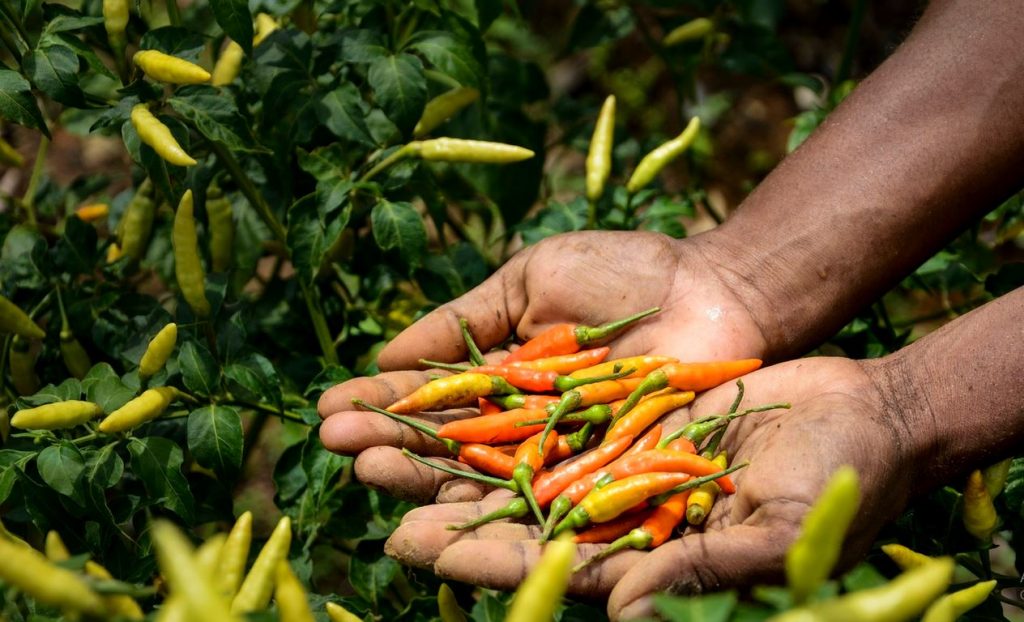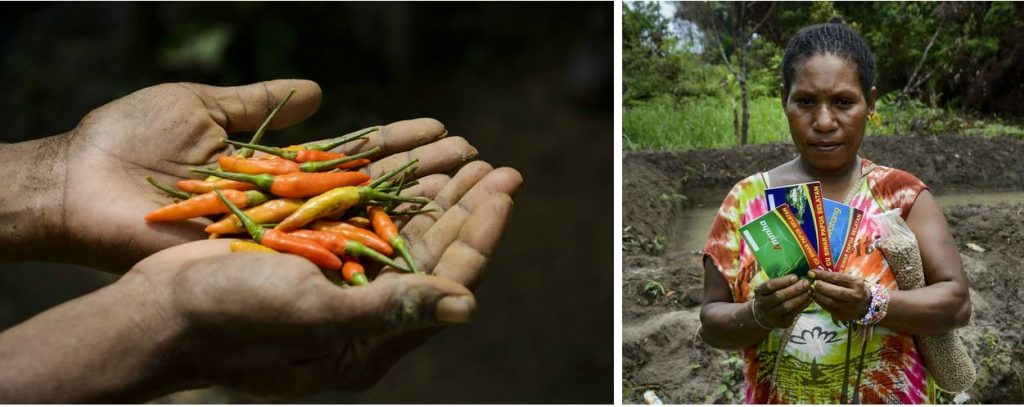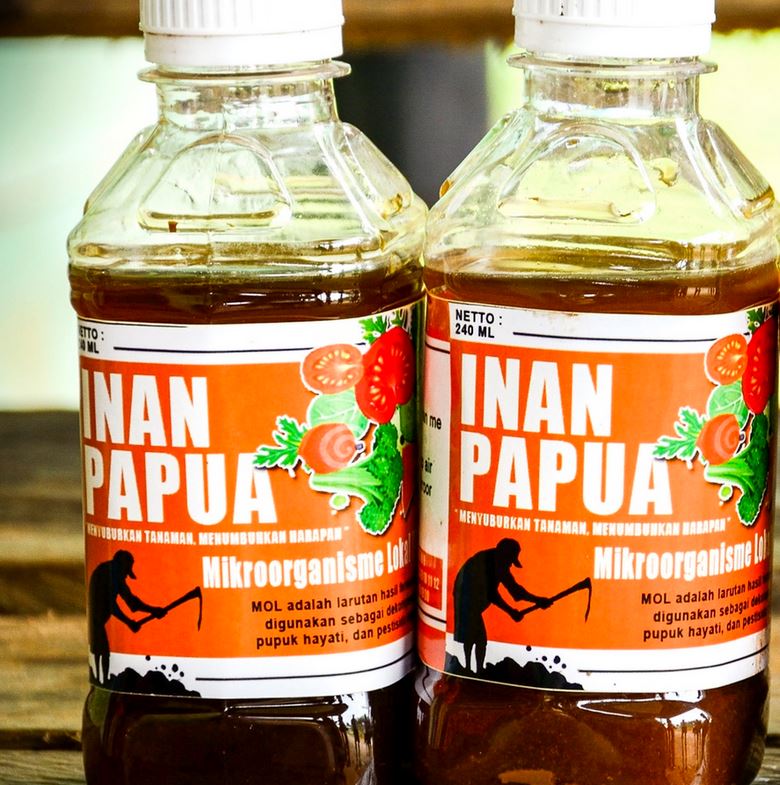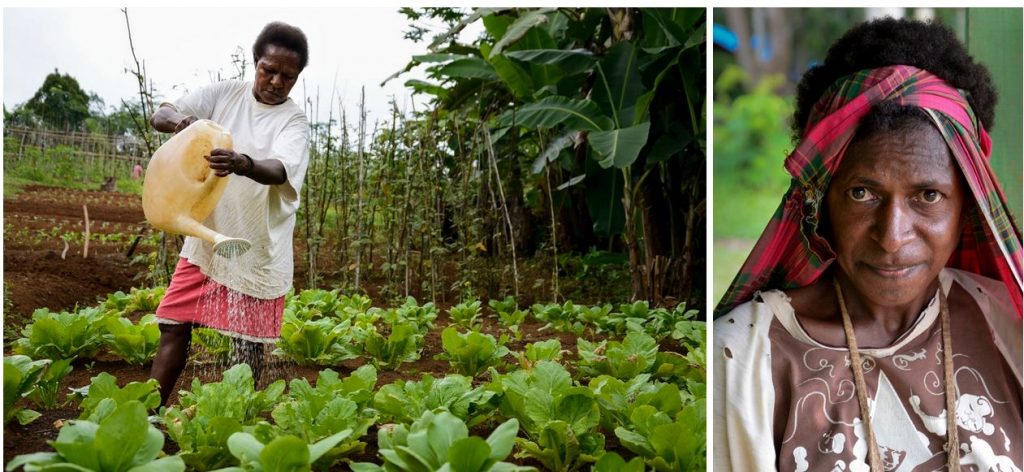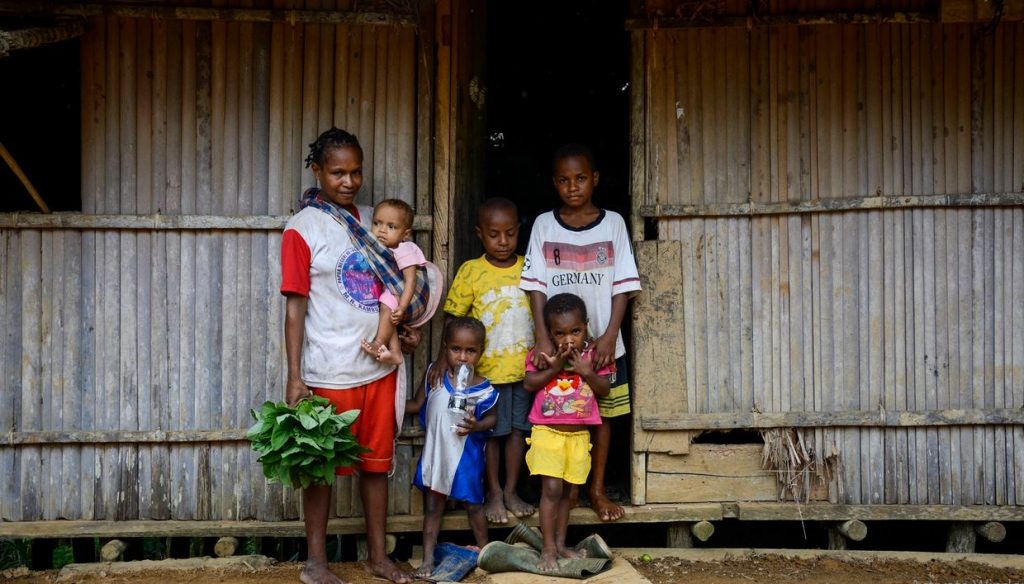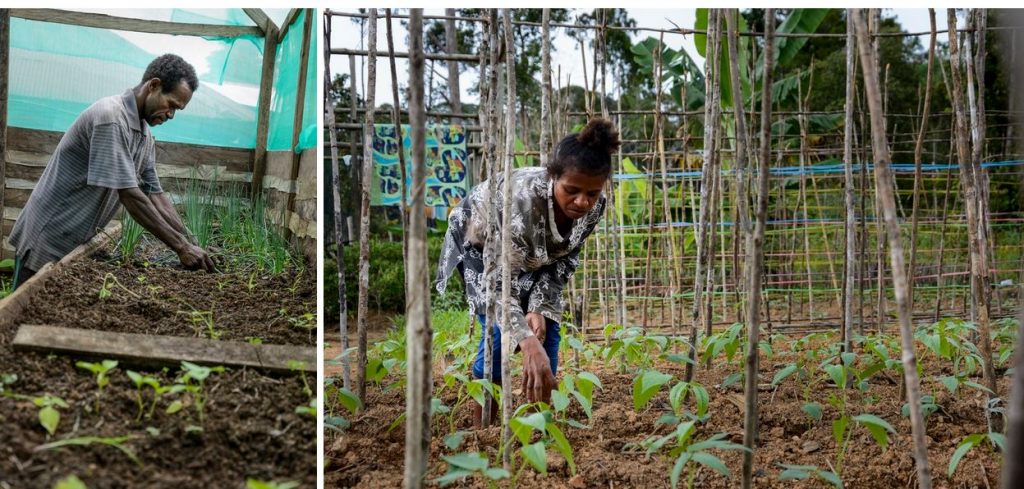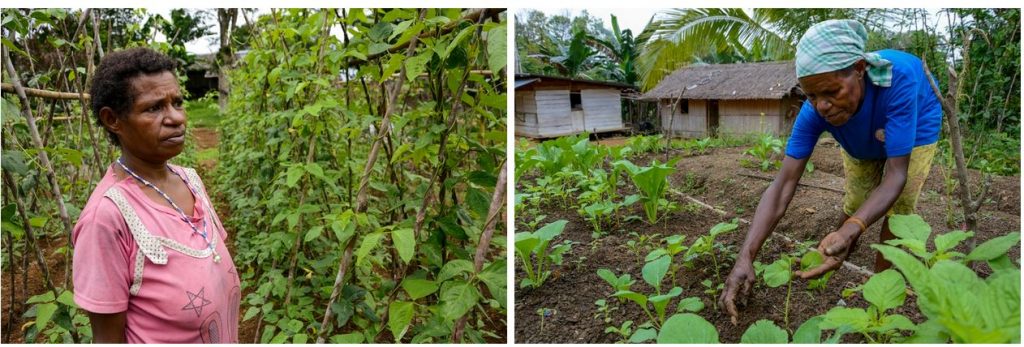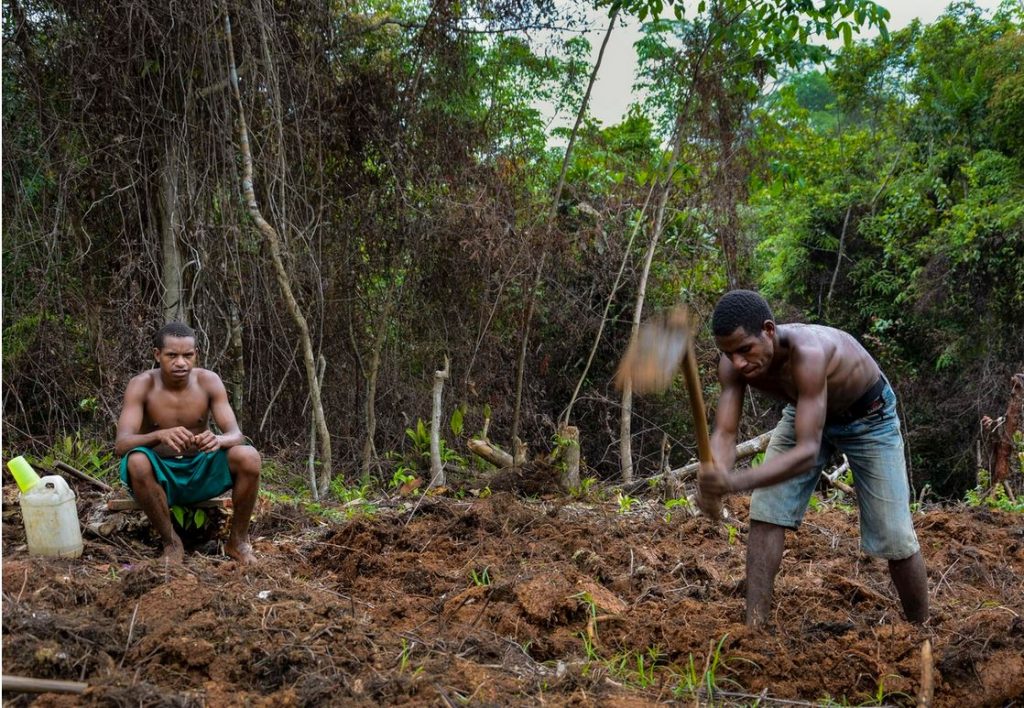Indonesia – The scent of the Celebes pepper hits you before you even reach Ogenetan in the heart of Papua’s Boven Digoel district. Called sereh merah, the plant is used by communities across Papua to drive away evil spirits.
But now locals use the peppers in a far more practical and productive way: making pesticides to protect their crops in a way that is productive and sustainable. Riswanto comes from the area and now works as a field assistant with a UNDP project to strengthen the agriculture sector. He said people in Ogenetan were surprised to learn sereh merah had other uses.
But it does, and those other uses have transformed their lives.
“Sereh merah and sereh wangi [lemongrass] before were used only to ward off the devil or evil spirits. Now people know how to mix these ingredients with tobacco to make organic pesticides,” Riswanto said.
Before the project started, people did not cultivate crops because the soil in the area was of such poor quality. But the homemade fertilizers have improved soil quality to such a degree that villagers are now able to grow chili peppers, eggplant, mustard greens, kale and tomatoes.
Not only can they now better feed themselves and their families, but now villagers earn a vital income from the sale of their new crops.
Isolated from opportunity
It is something of a revolution for this village. Infrastructure and transportation is a major problem in Papua, nowhere more so than for this far-flung district. Unable to afford transportation, the locals must walk to their nearest district – a trek that can take as long as six hours.
Villagers would try to make that trek to sell the rubber from their rubber trees, but it was a trek they struggled to make often. Instead they all too often found themselves at the mercy of middlemen would visit and buy their rubber at poor prices.
The middleman would often employ a barter system and swap the rubber for daily necessities like food and soap. The trades were not to the advantage of the villagers.
But with the income they now earn from their new crops, they are free from the whims of these middlemen. Some households are now making as much as $112 a month, enough to allow a family to prosper and thrive. It is a vivid example of the ways that living sustainably can bring more than just an income, it can bring choice and dignity to the lives of villagers just like those of Ogenetan.

